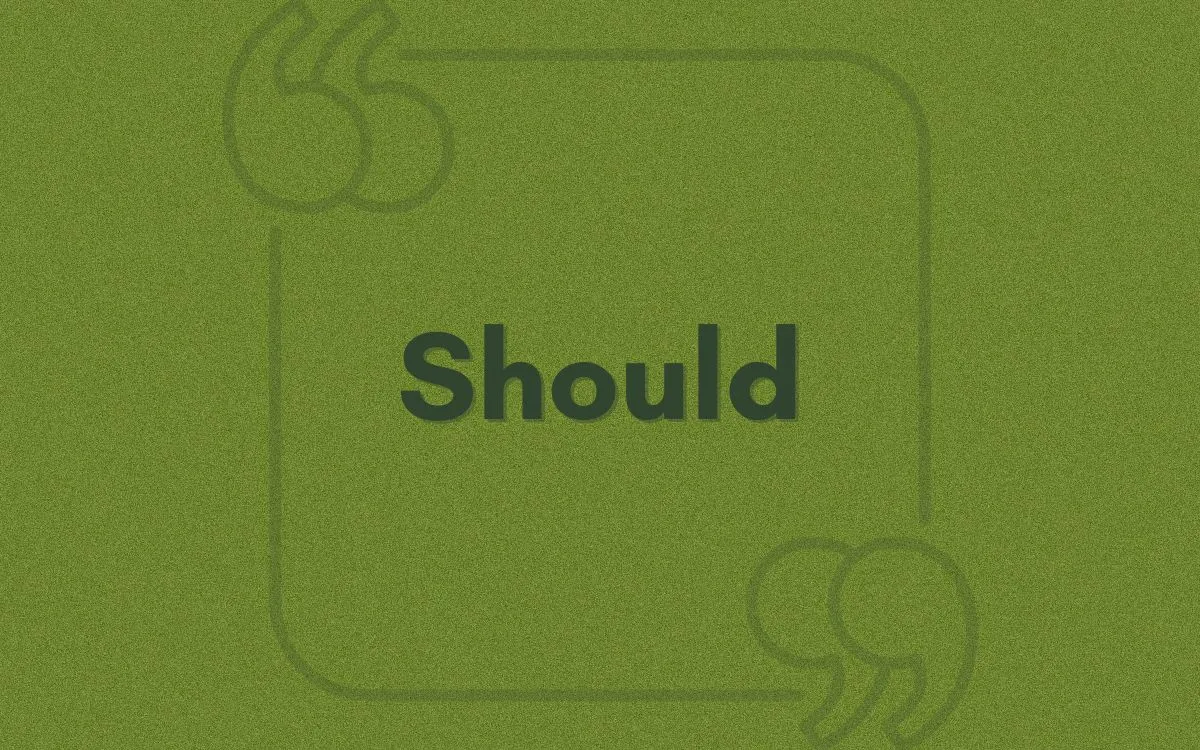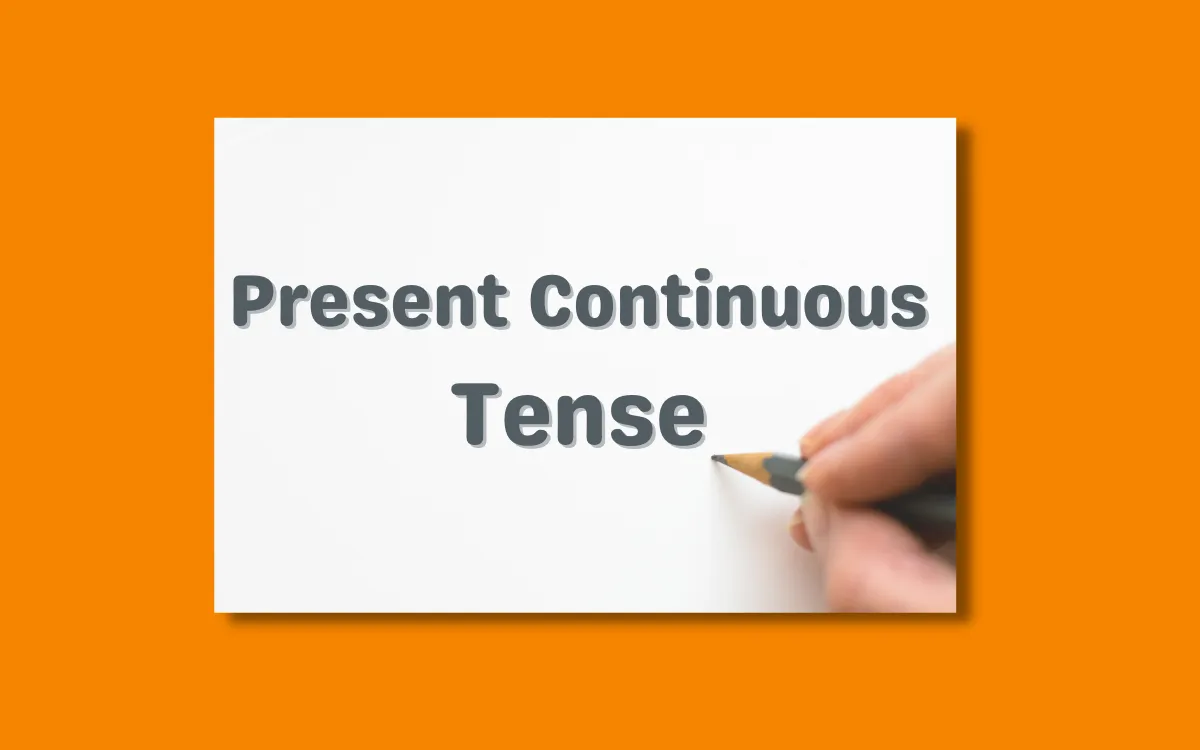
Affirmative sentences, negative sentences, questions, and usage examples with should .
In English, 'should' is often used to give advice and make suggestions. The most commonly used example sentences with 'should ' are given below; however, the usages are not mentioned. For a more detailed explanation, please click the link below.
Should - Usage and Explanation →
Usage Examples
・You should sleep early.
・He should be at work now.
・He should have arrived by now.
・We should finish this project today.
・Should we invite them to the party?
・We should leave early to avoid traffic.
・We should have left early to avoid traffic.
・I think you should apologize for what happened.
・He suggested that I should apply for the job.
・There should be more parking spaces in this area.
・He should study harder if he wants to pass the exam.
・In case you should have any questions, don't hesitate to ask.
Affirmative Sentences
・We should help the poor.
・She should know the answer.
・She should be arriving any minute now.
・He should be studying for his exam right now.
・If you're feeling unwell, you should see a doctor.
・It should be an exciting experience for them.
・You should believe in yourself and your abilities.
・We should consider all options before deciding.
・If you want to succeed, you should be persistent.
・Should you find any errors, please let me know.
・If the meeting is postponed, we should notify everyone.
・I think you should wear a coat. It's cold outside.
・If I were you, I should consider taking that job offer.
・Drivers should follow traffic rules to ensure road safety.
・The company should invest more in employee training.
・He said that I should visit the museum while I'm in town.
・Maybe you should ask for advice from someone experienced.
・You should always read the terms and conditions before agreeing.
・The government should invest more in renewable energy sources.
・It should be noted that practice is essential for mastering any skill.
・We should respect others' opinions even if they differ from our own.
Negative Sentences
・She shouldn't be so careless.
・He shouldn't be so pessimistic.
・He shouldn't have lied about it.
・You shouldn't have done that.
・She shouldn't be so quick to judge.
・They shouldn't be late for the meeting.
・You shouldn't have eaten so much.
・She shouldn't have taken such a risk.
・She shouldn't have said those things.
・We shouldn't have overlooked the problem.
・You shouldn't have forgotten to lock the door.
・You shouldn't smoke; it's bad for your health.
・She shouldn't have been driving at that speed.
・We shouldn't have assumed it would be easy.
・They shouldn't have wasted so much time on that project.
Interrogative Sentences
・Should we start now?
・Should I call you later?
・Should I help you with that?
・Should I bring anything to the party?
・Shouldn't they have arrived by now?
・Shouldn't she reconsider her decision?
・Shouldn't you be studying for the exam?
・To whom should I address this letter?
・Should I have sent the invitation earlier?
・How should I approach this difficult situation?
・Should the voting age be lowered or raised?
・Shouldn't it be warmer at this time of year?
・Should he have received the letter by now?
・Shouldn't she be getting ready for the interview?
・Who should be responsible for organizing the event?
・Shouldn't we start planning for the upcoming project?


